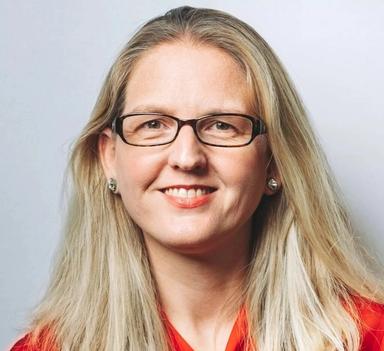Kate Ruane
Kate Ruane is the Director of CDT’s Free Expression Project. An attorney with a strong background in legal research, Kate is committed to the freedom of speech and to bringing focus to the ways in which strong protections for free expression benefit communities of color, religious minorities, LGBTQ+ communities, and other oft-censored groups. Kate’s expertise is expansive and her work spans many issues including the intersection of civil rights and free speech protections, Section 230 of the Communications Decency Act, online privacy and surveillance, harassment, protecting children online, and disinformation.
Most recently, Kate served as the Director of U.S. Free Expression Programs at PEN America, where she augmented PEN America’s free expression work in the states. She led advocacy to combat the spread of legislation seeking to restrict drag performance, collaborated on legislative efforts to end book bans in schools, and assisted in drafting amicus briefs arguing against the constitutionality of educational gag orders that prevent the discussion of race-related and other critical topics in classrooms. She also built a team focused on creating meaningful interventions to reduce the impact of disinformation in advance of the 2024 U.S. elections. Prior to joining PEN America, Kate led US policy at the Wikimedia Foundation, the non-profit that hosts Wikipedia and other free knowledge projects, she served as Senior Advisor for the First Amendment and Consumer Privacy at the American Civil Liberties Union for 3 years, and she spent eleven years as a Legislative Attorney for the Congressional Research Service.
Kate received her B.A. from the University of Pennsylvania and her law degree from American University, Washington College of Law.
Recent Events and Presentations
Social Media and the First Amendment
Watch now for an expert panel discussion exploring the intersection between digital policy issues and the First Amendment, the free speech implications of proposals to address online problems, and how lawmakers could address these problems without infringing on users' or companies' speech rights.


